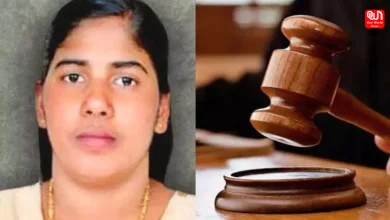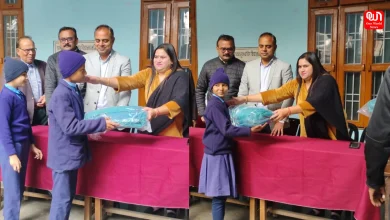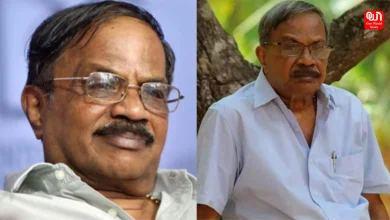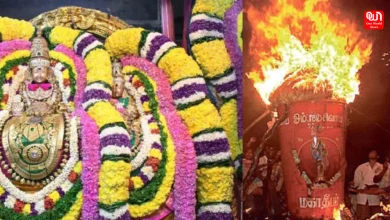Rethinking the Nehru Legacy- The Long Twentieth Century

Rethinking the Nehru Legacy- The Long Twentieth Century
“I envision a India which is in the world, not an India locked onto itself” once said Pt. Jawahar Lal Nehru. Last week on 14th November we had Pt. Jawaharlal Nehru’s birthday. On account of his birthday Teen Murti Bhavan, once Nehru’s residence, organised a series of lectures and discussions on Nehru’s legacy. The first speaker of the day was Prof. Sunil Khilnani, King’s College London, his subject of the day was ‘Nehru and the Making of Asia’s Future’. After that, Prof. Madhavan K Palat, Jawaharlal Nehru Memorial Fund, talked about ‘Nationalism: Universal, composite and unitary’. The lecture touched everything from Indian nationalism to what it meant to Germany’s Adolf Hitler. “If you try to perfect humans then, there will be great violence”, said Dr. Palat.

One of the audience with his question
Hitler tried to do so and he was perfectly fine with the violence, in quite literal terms. His idea of nationalism was not confined to Germany only. It was much more than that. He had a vision for European nationalism which makes him a “Super nationalist” so to say.
The third speaker of the day was Prof. Andre Beteille, Delhi School of Economics and National Research, and he directly said that “I am a great admirer of Pt. Nehru. He was a great writer and a visionary. The Art of writing came naturally to him. I wish I could write as effortlessly as he did”. His subject of the day was ‘Pursuit of Equality’. He started by saying “Nehru once said that the spirit of the age demands equality. Even though exercising it is neglected almost everywhere”. Nehru was an ambivalent man when it came to these kinds of issues but one thing that he was very good at is, that he had the capacity to express those ambivalencies.

Audience at the seminar
Nehru’s vision was that the people who are well-off have a moral obligation not to neglect the lesser offs. Prof. Beteille also pointed out that the Pursuit of Equality is an ever going process. It will never be complete. It has many sides to it. One being that this very fact provides some sort or dynamism to a society. A society where everyone has to reconcile themselves. He also touched upon the issue of social mobility. He defined mobility as “When a son of a clerk moves higher up in the ladder of occupation hierarchy”. Growth in individuality has always existed in India. It is a fact. One of the interesting questions that were put forward was “Have the intelligentsia become the elite ruling class? They study gender, caste, class etcetera based inequality but never seem to give away the power associated with that”. To which Prof. Beteille answered very briefly saying “intelligentsia is more of a stratum than a class. It may seem peculiar but that’s how it is”. At the end of the session there was a religion based question in which a person made a point that he always associated caste with religion. That both coexist. So is it possible to talk about caste without the perspective of religion? To which Prof. Beteille, answered “Inertia of an ideology is very strong. Particularly if it’s a religious one. But religion also changes. With time. With this session concluded.

Prof. Madhavan K Palat with his talk
The fourth speaker was Mr. Anil Nauriya, Nehru Memorial Museum and Library. He spoke on ‘Nehru, Gandhi and the Cabinet Mission: A debate revisited’. He started by saying “the idea of Cabinet Mission is way over rated”. He mainly focused on how the transfer of power took place from the British Government to India Leadership. The British never wanted to completely give away the power. They wanted to give independence only to a certain part of India. They tried to sell the idea that North East and North West part of India should stay with the British. They wanted British troops to stay in India. But Nehru and Gandhi wanted total independence. They knew “it was imperative for India that British troops leave the country” and made sure that they leave the country.
With this the day’s session ended.
It is a two day event to be held on 17 & 18th November.






